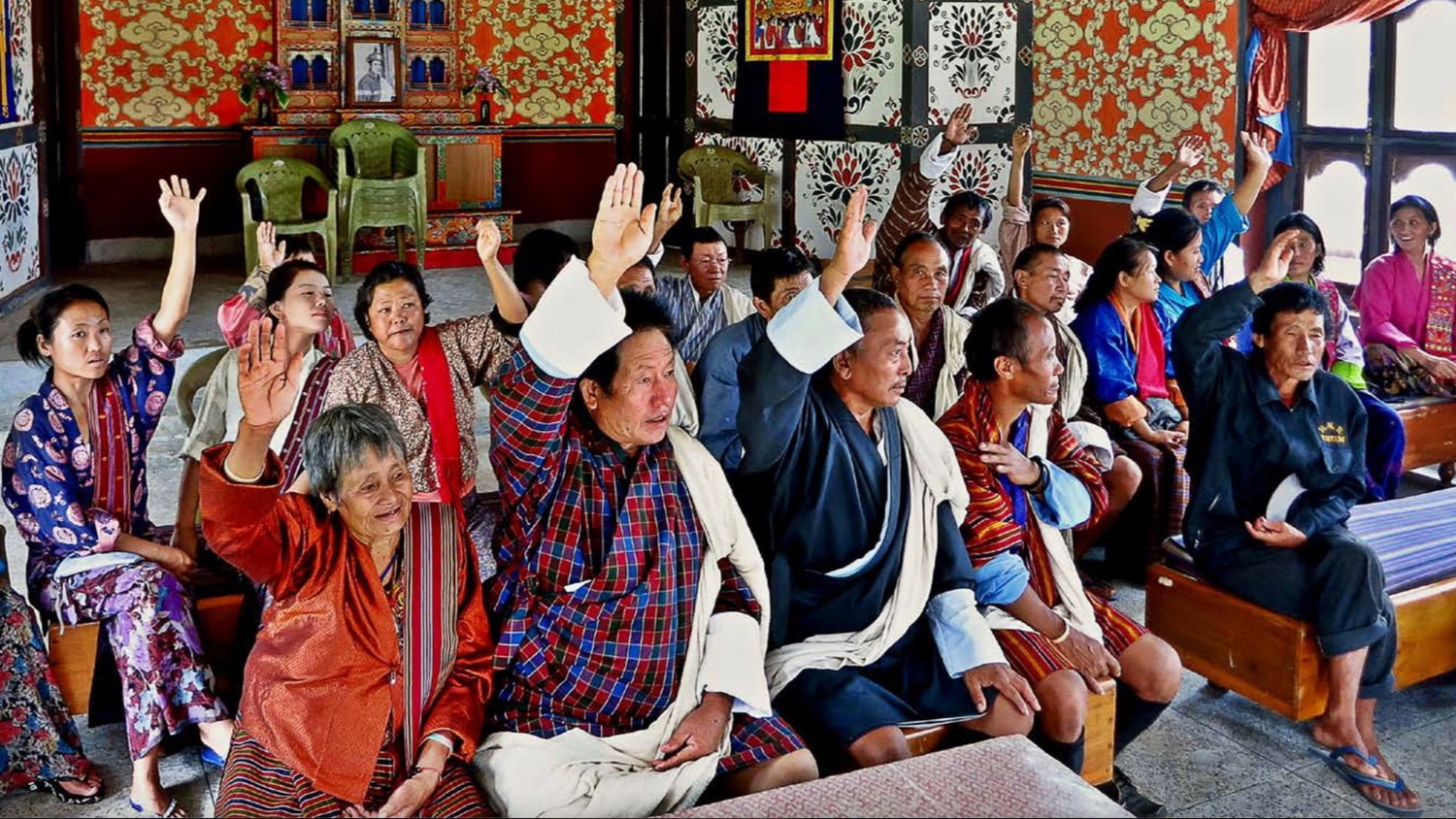Pace, buongoverno e parità
Principi democratici e buongoverno sono sempre più sotto pressione a causa dell’indebolimento delle istituzioni e dell’ascesa degli autoritarismi. Al contempo, aumentano i conflitti e le situazioni di violenza, il diritto internazionale e i diritti umani sono sempre meno considerati e permane la disuguaglianza di genere. La DSC si adopera per la pace, il buongoverno e la parità come condizioni necessarie per lo sviluppo sostenibile.

Contatto
DSC / Cooperazione tematica
Eichenweg 5
3003 Berna
Eichenweg 5
3003 Berna

